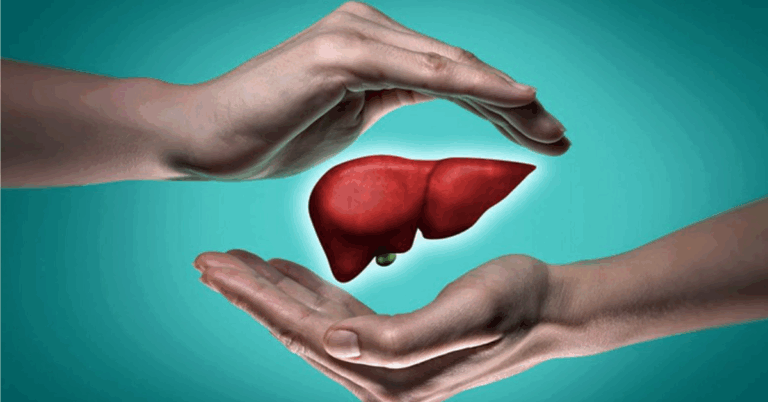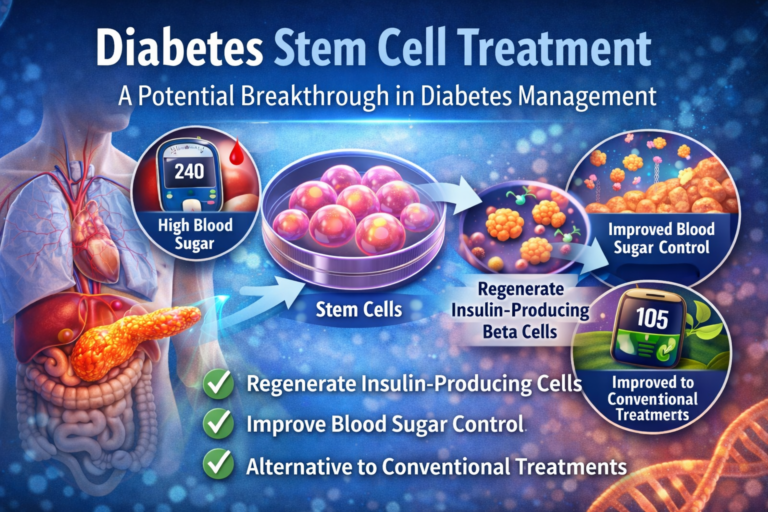Integrative Oncology: Complementary Therapies in Cancer Care
Integrative oncology focuses on a holistic approach to cancer treatment, combining conventional medical treatments with complementary therapies. One potential therapy is acupuncture, a traditional Chinese medicine technique that involves inserting thin needles into specific points on the body to promote healing and alleviate symptoms such as pain and nausea. Acupuncture is believed to help restore the body’s balance and flow of energy, known as Qi, which may aid in managing side effects of cancer treatments and improving overall well-being.
Another promising therapy in integrative oncology is mind-body techniques, such as meditation, relaxation training, and guided imagery. These practices aim to reduce stress, improve mental health, and enhance the body’s ability to heal. Studies have shown that incorporating mind-body techniques into cancer care can help patients cope better with their diagnosis, manage treatment-related side effects, and enhance their quality of life throughout the cancer journey.
Traditional Chinese Medicine Approaches
Traditional Chinese Medicine (TCM) approaches in cancer care focus on restoring the balance of the body’s energy, known as qi. Acupuncture, a key component of TCM, involves the insertion of thin needles into specific points on the body to stimulate the flow of qi and promote healing. This ancient practice is believed to help alleviate pain, reduce inflammation, and support the immune system in cancer patients undergoing treatment.
Herbal medicine is another integral part of TCM that is commonly used to manage symptoms and side effects of cancer therapy. Chinese herbs are prescribed based on an individual’s specific pattern of disharmony, as determined by a TCM practitioner. These herbal remedies aim to address both the physical symptoms and the underlying imbalances contributing to the disease, offering a holistic approach to cancer care that complements conventional treatments.
Nutritional Support in Cancer Care
Nutritional support plays a crucial role in cancer care, as maintaining proper nutrition can help patients cope with treatment side effects and improve their overall well-being. Cancer treatments such as chemotherapy and radiation therapy can often lead to side effects like nausea, fatigue, and loss of appetite, making it essential for patients to ensure they are getting adequate nutrition to support their health.
Incorporating a well-balanced diet rich in fruits, vegetables, whole grains, and lean proteins can help cancer patients maintain their strength and energy levels during treatment. Working with a registered dietitian can aid in developing personalized nutrition plans tailored to an individual’s specific needs and preferences, ensuring they are getting the necessary nutrients to help support their immune system and overall health throughout their cancer journey.







